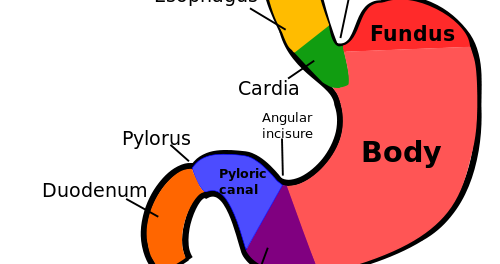Autoimmune Gastritis (Stomach) Causes, Signs and Symptoms
Gastritis is the term for inflammation of the stomach. As a hollow sac, it is the walls of the stomach that are inflamed to varying degrees. This may sometimes be isolated to the superficial inner lining of the stomach (mucosa) or it can extend through the entire wall of the stomach. Persistent inflammation leads to ulcers, which can be deep or shallow. Most cases of chronic gastritis are due to H.pylori (Helicobacter pylori) infection or the excessive and/or long term use of NSAIDs (non-steroidal anti-inflammatory drugs). However, a minority of chronic gastritis cases are not due external factors but arises with an immune-mediated reaction and is known as autoimmune gastritis. It needs to be considered as a possible cause of chronic gastritis that is not associated with H.pylori infection or NSAID use. What is autoimmune gastritis? Autoimmune gastritis is a type of chronic stomach inflammation due to the action of the immune system against stomach tissue and its components. It causes destruction of the stomach tissue with progressive atrophy of the stomach and is therefore also referred to as autoimmune atrophic gastritis or autoimmune metaplastic atrophic gastritis. Autoimmune gastritis leads to low gastric acid secretion (achlorhydria) and pernicious anemia (megaloblastic … Continue reading Autoimmune Gastritis (Stomach) Causes, Signs and Symptoms
